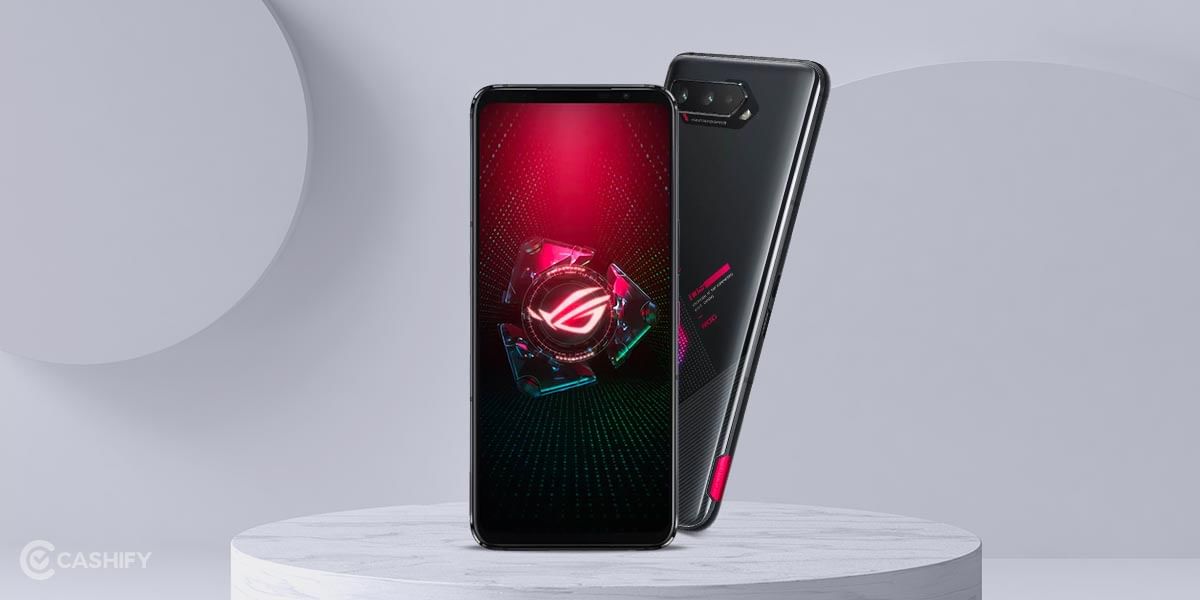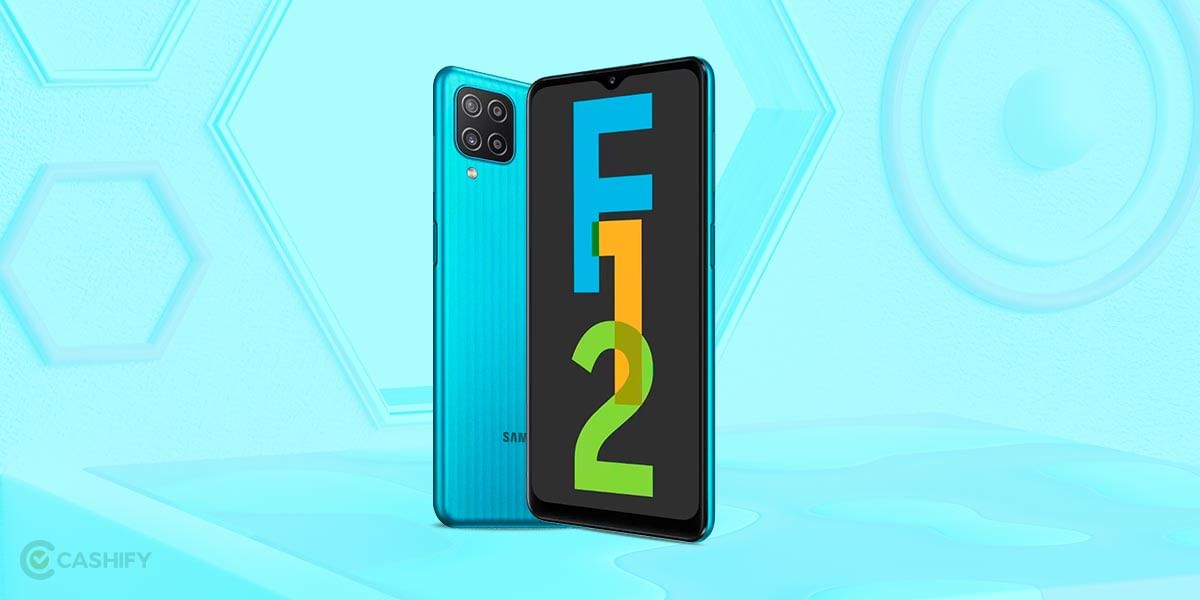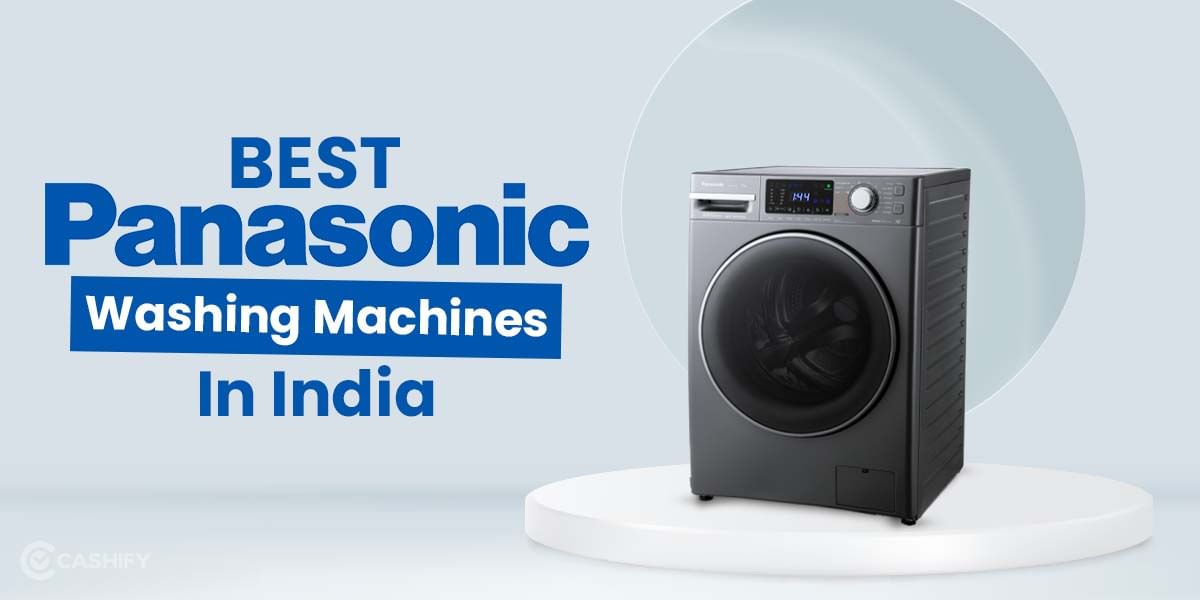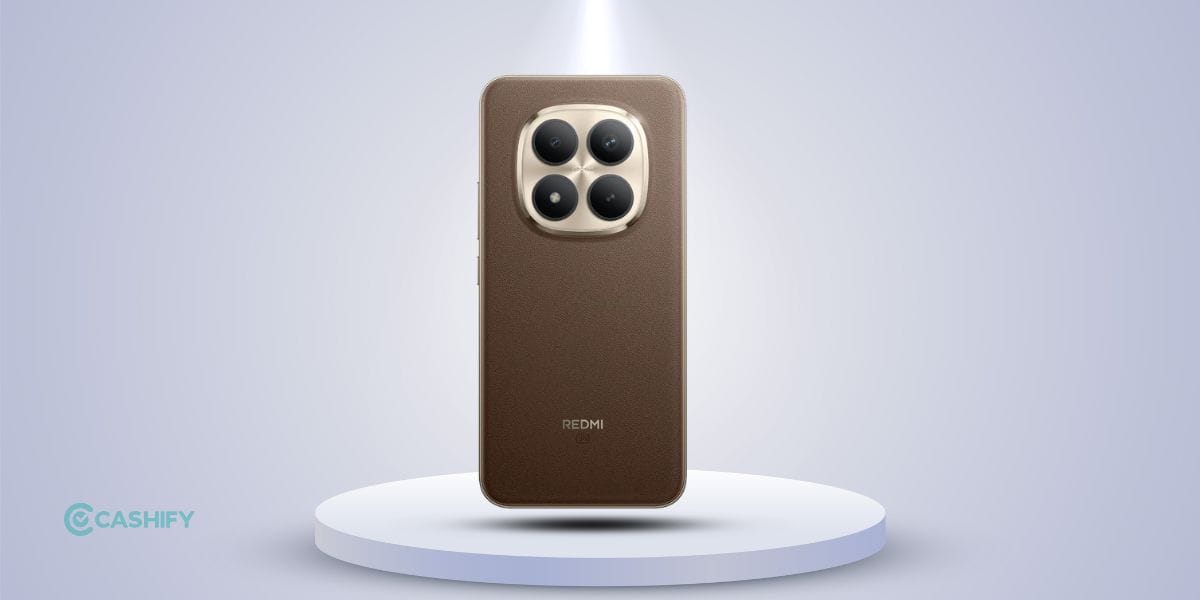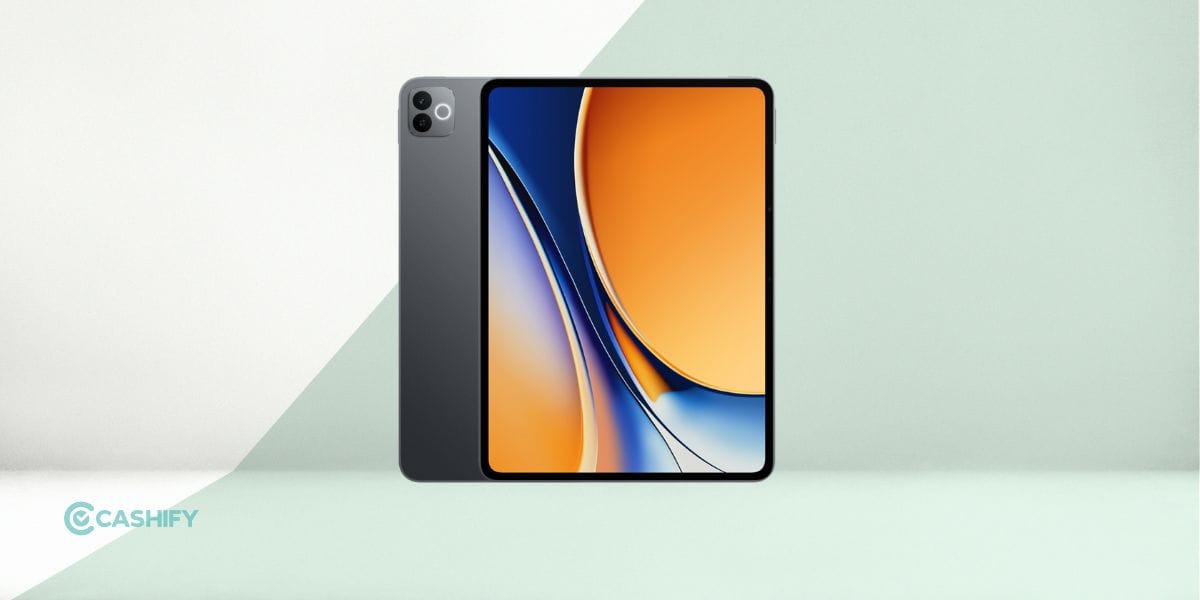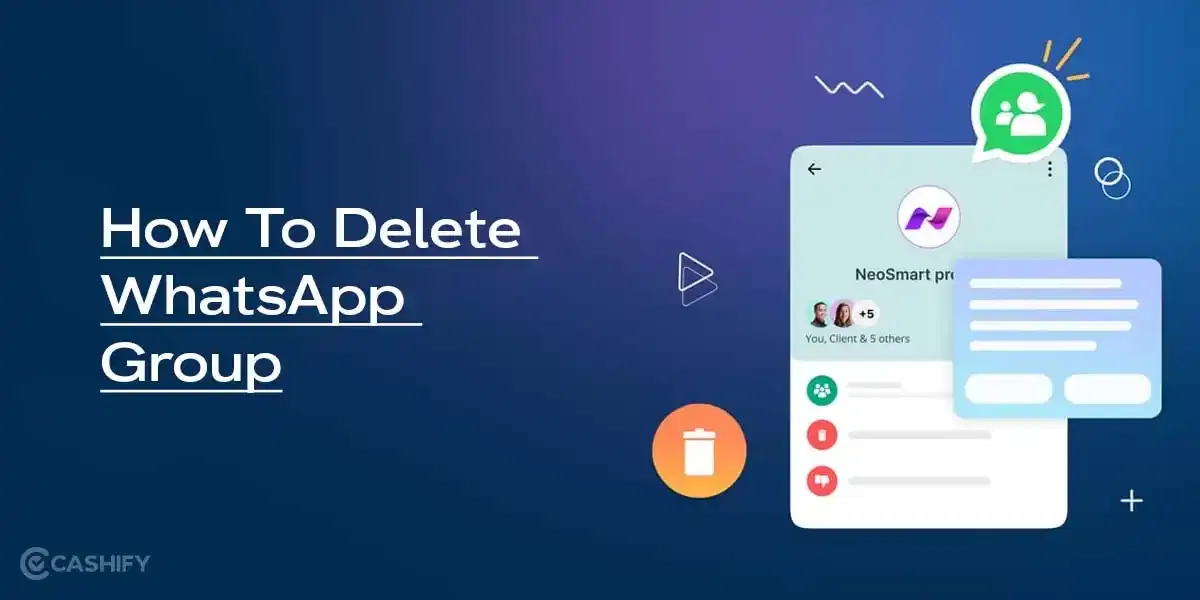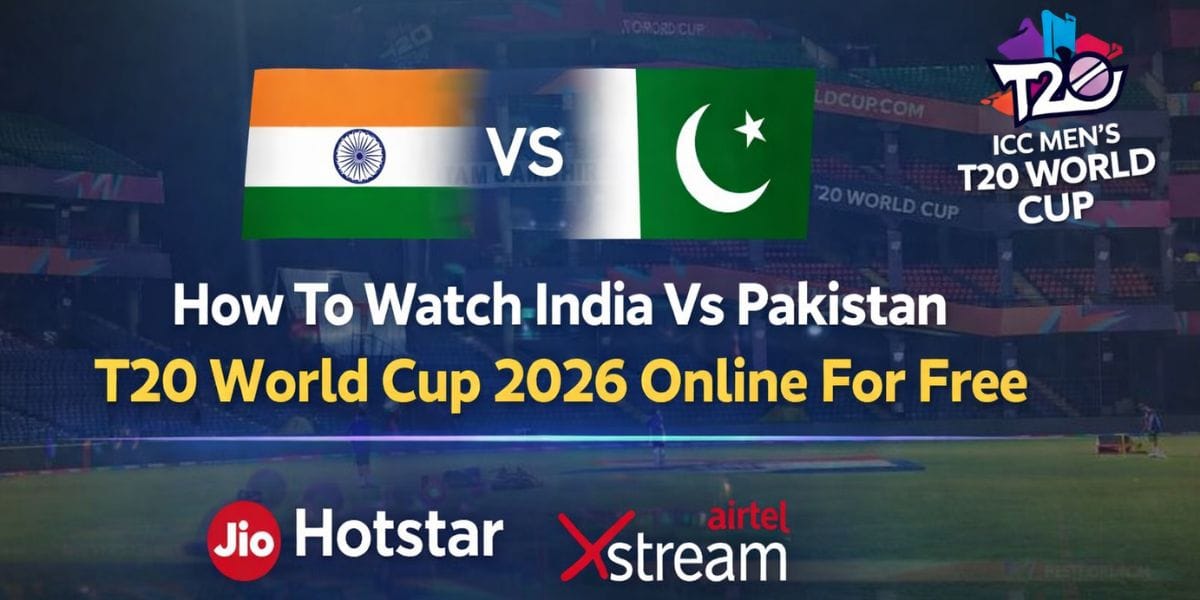Introduction
Samsung Galaxy M12 is a battery giant and a budget-friendly smartphone that introduces a 90Hz refresh rate at just Rs 10,999/- (it’s a price tag in India). The phone does arrive with some improvements over its predecessors and can be tagged as a decent buy. But hey, don’t just depend on the specifications mentioned on paper.
Also Check: Recycle Your Old Phone, Get Rewarded!
Here, I have written a hands-on review on Samsung Galaxy M12 after testing the device for a while. This would definitely help you ascertain whether to go for it or not.
Prices in India, Variants, Availability
You can get your hands on Samsung Galaxy M12 from Amazon India t Rs.10,999/- for its 4GB+64GB variant. The higher 6GB+128GB variant is on sale at Rs.13,499/-. The device is available in three colour variants i.e. Elegant Blue, Attractive Black, and White. Of course, there are plenty of offers including No Cost EMI, EMI starting at as low as Rs.518. There’s also an exchange offer of up to Rs.12,550/-.
Box Contents
We have with us yet another affordable smartphone, Samsung Galaxy M12 in a white box packaging with the device printed on top. It comes with standard packaging and the box contents now you are used to.
- Galaxy M12 device
- 15W charging adapter
- USB Type-C charging cable
- Documentation
- Sim ejector tool.
Sadly, there is no transparent case or screen protector provided along with the device.
Specs at a glance
Before we talk in detail about why we call the
- Display: 16.55 cm (6.51 inch) HD+ Infinity-V Display, 90Hz refresh rate
- Processor: Exynos 850 chipset
- Storage: 4GB/64GB, 6GB/128GB
- Software: OneUI 3.1 based on Android 11
- Rear cameras: 48MP + 5MP + 2MP + 2MP
- Selfie camera: 8MP
- Battery: 6000 mAh
- Weight: 221g
- Dimensions: 164.00 x 75.90 x 9.70mm
Now, let’s move ahead and see what
Solid Grip and Sturdy Design
First of all, Samsung Galaxy M12 is a giant smartphone at 6.5-inch and has a curb weight of 221 grams which is considered heavy. But that’s something you get with a budget smartphone so let’s give it a pass. The display is huge, to be honest, and I loved how you are able to view more content on it than usual. The bezels are thick and so are the forehead and chin but that’s just a giveaway of using a budget-friendly smartphone.
Galaxy M12 has front glass, plastic frame, and polycarbonate plastic back panel. Its back panel may not look glossy as a glass back but Samsung did do something here to make it look premium. The back panel is divided into two sections where the top part which covers more than 60 per cent of the panel has lines passing through it. It is a textured pattern and helps in grip as well. Plus, the panel is curved so using the phone makes it easy for one-handed usage. The tiny square camera setup is flushed with the back panel and doesn’t have a profound impact on the overall back panel.
The bottom part of the back panel is plain and matte with a Samsung branding on it and there’s not much going on with the bottom half. You get a side-mounted fingerprint scanner cum power button and volume rocker on the right, a SIM Card slot on the left, a microphone on the top, and finally, a primary mic, USB Type-C port, a bottom-firing loudspeaker, and a 3.5mm headphone jack at the bottom.
Display - Don't Spend More For 90Hz Now
What we get with the Samsung Galaxy M12 is a 6.5-inch HD+ IPS LCD display with a 90Hz refresh rate. Now, the higher refresh rate opens the device for a large demographic of users who want to try a higher refresh rate without spending more. The display is bundled with both the pros and the cons given the fact that Galaxy M12 is just a budget smartphone. It is huge at 6.5-inch and has a 20:9 aspect ratio with thick bezels around the edges and a waterdrop-shaped notch. Now, I won’t be surprised if you think the bezels are thick since it is still a budget smartphone.
The display has little colour shift when viewed from an angle, it has peak brightness w.r.t. It’s LCD technology and overall, it is average if not more. Having an LCD panel also means you are saving a lot of battery juice that would otherwise be spent on AMOLED displays.
The display is responsive thanks to the 90Hz refresh rate although it is not locked and rather adaptive. This means that the display can easily switch between 60Hz and 90Hz as and when required and yes, you will see some jitters here and there but I don’t think so you will notice it in case you are new to the 90Hz world. Some apps are natively locked to 60Hz while some can go as high as 90Hz such as Instagram, Facebook, among others. The notification panel on Galaxy M12 is locked at 60Hz. Similarly, games will be able to tap into the higher refresh rate if available.
Since the display is using LCD technology, you won’t feel any discomfort if coming from another LCD phone but TFT displays will be different. If you are moving away from Super AMOLED displays, LCD technology is much inferior to it for sure.
Identical Budget Performance
The chipset that runs Samsung Galaxy M12 is an in-housed Exynos 850 SoC paired with GB LPDDR4 RAM and 64GB or 128GB of internal storage. The chipset looks good on paper which indeed it is but it belongs to a budget-focused category of smartphones.
I used the phone for a while to check out how it rolls from a practical standpoint but to be honest, it does get you going with day-to-day tasks without any hassle. The chipset works great as per its capacity although you might encounter occasional lag here and there as you go on multitasking and stuff.
Galaxy M12’s Exynos 850 SoC was tested on GeekBench 5 and I found out that it scores 171 points and 1,004 points on single and multi-core tests. In a different set of tests, it scores 178 and 1,012 points respectively which is equal to our previous tests.
I tested the phone on a few gaming sessions as well. Playing PUBG Mobile on balanced settings won’t create any issues except some frame drops as you continue playing for a few minutes. Though it can take an hour of gaming with just 10 per cent depletion in its battery, I wouldn’t stress it enough that it isn’t a gaming smartphone. This means you can still play a lot of games, indulge in day-to-day activities, and multitasking but don’t have a lot of expectations, rather use it as a budget-friendly smartphone than trying to overclock its chipset and burn it to the ground (metaphorically).
Software - Clean Custom UI
OneUI 3.1 based on Android 11 handles the software part. Fully optimized on the device, OneUI 3.1 is one of the best custom UI out there so much so that the OnePlus’ OxygenOS 11 actually has some identical elements when it comes to its one-handed usage. The OneUI 3.1 has an upper level of customizability, one-handed usage with interactive and viewing area clearly layout, and an overall clean interface to use.
Cameras - Just Right For Price
The camera setup on Galaxy M12 gives you an 8MP shooter at the front and a quad-camera setup at the back. It includes a 48MP primary sensor with a 5MP ultrawide shooter with 123-degree FoV, a 2MP depth, and a 2MP macro sensor. Now, this looks pretty much the same as many other smartphones in the series but how is it in practical use? Here’s my take on how the cameras perform practically.
The primary sensor captures decent images retaining details and sharpness to some extent. The daylight shots are bliss and on point, with the price tag, you are paying while the low-light shots are something that you would be disappointed with. There’s no dedicated night mode here and thus, the images are full of noise and leave you wanting for more.
Shots snagged using the primary sensor may get dull colours at times shooting in daylight does work in your favour. The ultrawide snapper captures images with a field of view of 123-degree which is larger than the primary sensor. It does capture a significant area but you will see distortion at the edges which is something ultrawide snappers suffer from.
The shutter speed and the focusing speed with Galaxy M12 are slow so that’s another thing you need to keep in mind before capturing images. It could have been improved but it is what it is unless Samsung does something to improve it with software updates.
The depth sensor works in conjunction with the primary camera to provide depth data. It rolls out images with effective background separation which is a relief.
The macro sensor is ideal to capture macro shots at a 4cm distance. However, with Galaxy M12 which is a basic 2MP macro sensor, it fails to retain many details and packs in low-resolution images so yeah, that’s pretty much what you should know about the macro sensor. Note that the sensors mounted on Galaxy M12 aren’t necessarily disappointing but it could have been better although the price could get a little higher in case Samsung does it by default.
Finally, the front 8MP sensor does capture decent images although it might oversharpen facial designs. You can adjust the contrast, manually adjust focus to grab decent images for sure.
Battery - More Than A Day
The South Korean giant released Galaxy M12 with a 6,000 mAh battery. Now for those who might not know this (why), Galaxy M-series markets on their battery size and life and Galaxy M12 is no different. It is a beefy 6,000 mAh battery supplied with 15W fast charging. The battery is able to provide a good one and a half-day to two days of battery life with mixed usage.
The charging speed is slow but since the device falls in a budget category, that justifies it. The charging speed is 15W which takes around 2 hours and 40 minutes to fully charge the battery. You don’t get any fancy wireless charging, reverse charging, and other features because that’s not what M12 target demographic is looking for.
Audio, Connectivity, Biometrics
With Samsung Galaxy M12, you get a single bottom-firing loudspeaker and the other is for earpiece which won’t act as a stereo setup. You do get loud audio with Galaxy M12 although take it as comparable to other budget-friendly devices. If you compare it with mid-range or flagship phones, there’s no comparison here because you are paying 1/5th of what you would on a flagship phone so expect some shortcomings. But hey, this doesn’t mean its speaker is any bad, it is average.
For those who have seen Galaxy M series and F series lineups to buy smartphones under 15K, they might know that Galaxy M12 shares almost all the specs with Galaxy F12 where the latter is slightly underpriced. The specs are the same and so are the connectivity features including Bluetooth v5.0 with LE and A2DP, Wi-Fi 802.11 b/g/n as well as GPS systems (A-GPS, Galileo, Glonass, and BDS), a USB Type-C 2.0 port among others. There’s a 3.5mm headphone jack on the device too.
Samsung chose a side-mounted fingerprint scanner that doubles as a power button. I have tested it and to be honest, it is fast and instantly unlocks the phone in a jiffy. The facial recognition system onboard works pretty fast too although since you will have to press the power button to light up the display and let the front camera detect your face, you may as well use the fingerprint scanner to unlock the phone.
Pros & Cons
Pros
- 6000 mAh humongous battery
- Side-mounted fingerprint scanner
- Dual pattern design on the rear side
- 90Hz refresh rate at this price
Cons
- Not meant for heavy gaming
- Average display
- Mediocre camera setup
Samsung Galaxy M12 is a budget-friendly smartphone with its standard tier available at just Rs 10,999/-. It brings a massive battery on board along with a faster refresh rate which is almost a new thing for budget phones. There are a few other things that make Galaxy M12 desirable such as the Android 11 out-of-the-box, the plastic back made it sturdy and resilient to falls, and looks better than its identical twin Galaxy F12.
It does have a few shortcomings as well which if you are ready to compromise with or say, you are somewhat of a new Android user, I don’t see why you won’t love Galaxy M21.


